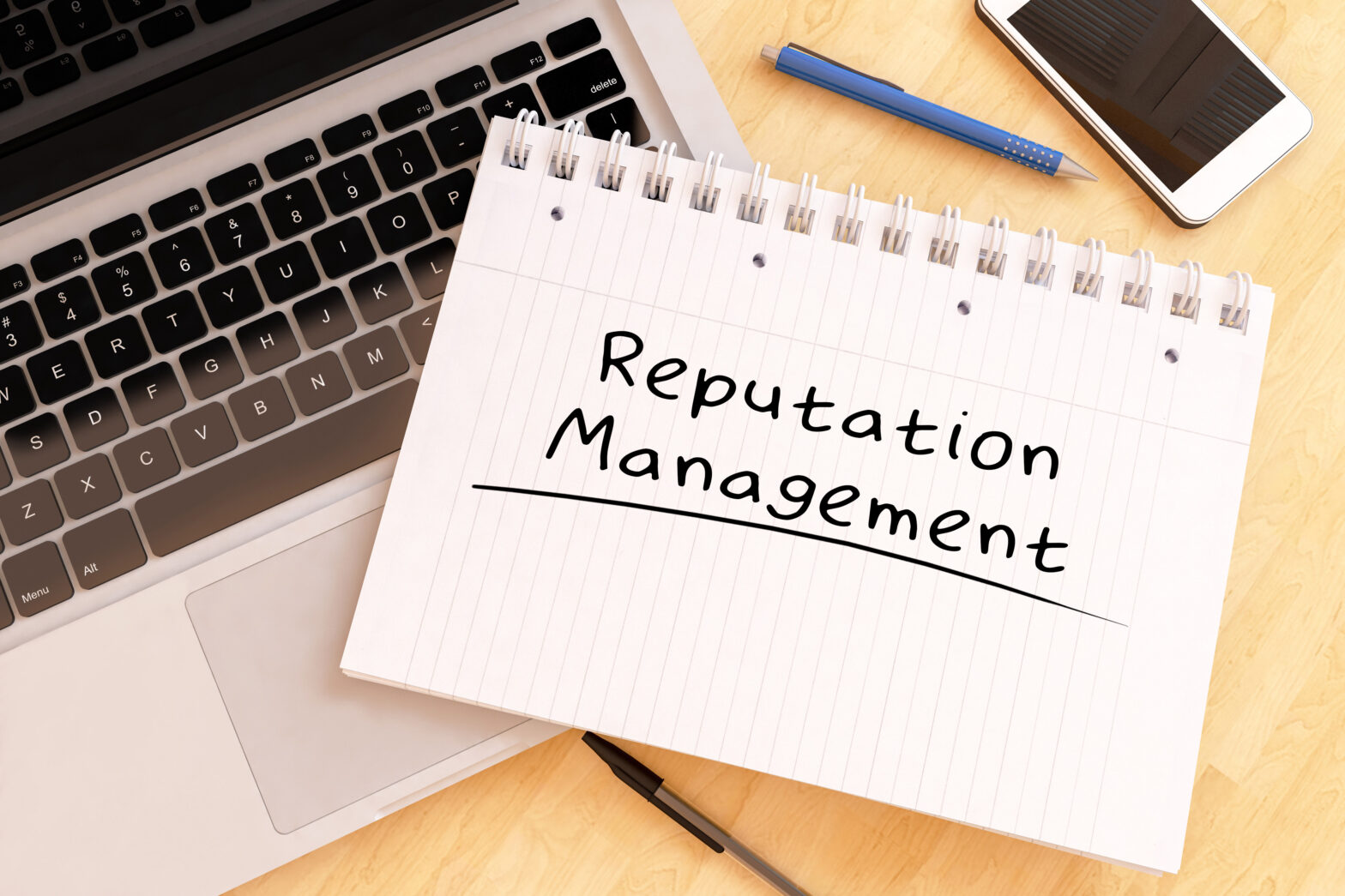Businesses have always been built and lost on their reputations. And in the digital age finding ways to maintain and protect yours can be a daunting process.
The growth of online platforms has made it easier than ever for consumers to engage with and pass comment on businesses and their services, and for many SMEs this opens up new, affordable marketing opportunities.
But with this new sense of transparency and connectivity comes a very real danger of negativity. It has never been so easy for consumers to promote less than positive content that can be created, posted and shared with millions of others in less than an instant.
The process of posting might be speedy, but for SMEs affect the effect can be devastatingly long-lasting and the impact on business catastrophic.
Against this backdrop, it’s clear that in an increasingly digitised commercial age, this is a problem SMEs have to be ready to face head on, investing time and money in maintaining an online reputation strategy strong enough to withstand attack.
Maintaining a positive online reputation
As reputation experts, we have spent the last few years tracking the effect online reviews and posts have on British businesses, and how they are trying to respond.
We launched our Business of Reviews research project in 2014 and found that maintaining a positive online reputation was something many SMEs were finding tough.
The majority told us it was an area of real concern, with 51 admitting negative content had directly impacted on their business already and one in six worrying it could destroy them altogether.
Despite awareness of the problem, 14 per cent of business owners were unsure how to tackle it.
Two years on and that sense of worry is still there, as is the helplessness many SMEs feel about creating an online reputation strategy of their own.
Our latest research, released this autumn, reveals the number of managers who feel bad reviews have the power to make or break their business has risen to 21 per cent with more than half affected by negative reviews in the last 12 months alone.
A further 47 per cent have seen their brand hit by malicious posts and trolls and more than half – 52 per cent – have experienced a commercial slump as a direct result of unfavourable comments posted about their business online.
So what can SMEs do to protect themselves while still making the most of the marketing opportunities offered by a strong online presence?
Tackling the trolls and other negativity doesn’t have to be intimidating. Even the smallest business can take steps to ‘fireproof’ their operation – creating review and monitoring strategies that will work over the long term.
We believe taking this kind of proactive approach can offer advice on building an online reputation strategy, helping SMEs weather the odd, inevitable online storm.
There are lots of things you can do yourself to get started and we would recommend:
1. Conduct a social media review
You need to know what clients are saying about you so find out where your business has a presence online and review or sign up to the channels and platforms where you are mentioned.
Be aware that these accounts need to be maintained so only create ones you can manage and update regularly – otherwise postings can be left unchecked causing you more problems.
2. Be consistent
If you are adopting a social or online strategy it needs to be consistent and that means briefing any team members who will be working on it.
Set clear guidelines about who has responsibility for responses and decide on an appropriate tone of voice.
Make sure everyone understands the importance of responding quickly – speedy responses will help build up positive customer sentiment, create good customer service reviews and prevent issues from escalating or reoccurring.
3. Setting the bar
Feedback can come from many directions, including direct emails, public forums and social media but it’s important to make sure you offer the same level of reactivity across all channels. As well as delivering a consistent service this can help bolster and maintain a strong and professional brand image for your business.
4. Constructive criticism
Don’t be dismissive of online feedback; it can play an essential role in your future plans and inform the continued growth of your business.
View these interactions as a source of ‘critical marketing data’. Chances are if one customer doesn’t like the way you’re doing something, they might not be the only one.
Use criticism constructively. Feed any suggestions back into the business to help you become more customer-centric and achieve a reputation for doing things well, on and offline.
Simon Wadsworth is founder of Igniyte.





